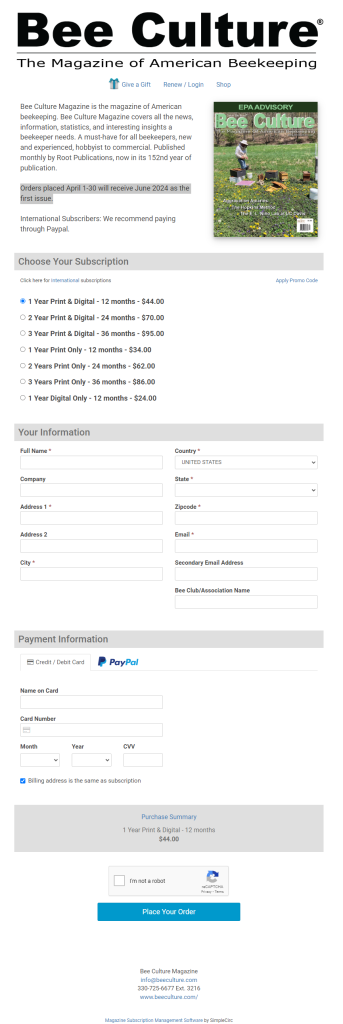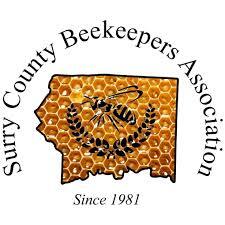From the EPA:
WASHINGTON – In an ongoing effort to protect bees and other pollinators, the U.S. Environmental Protection Agency (EPA) has developed new pesticide labels that prohibit use of some neonicotinoid pesticide products where bees are present.
“Multiple factors play a role in bee colony declines, including pesticides. The Environmental Protection Agency is taking action to protect bees from pesticide exposure and these label changes will further our efforts,” said Jim Jones, assistant administrator for the Office of Chemical Safety and Pollution Prevention.
The new labels will have a bee advisory box and icon with information on routes of exposure and spray drift precautions. Today’s announcement affects products containing the neonicotinoids imidacloprid, dinotefuran, clothianidin and thiamethoxam. The EPA will work with pesticide manufacturers to change labels so that they will meet the Federal Insecticide, Fungicide, and Rodenticide Act (FIFRA) safety standard.
In May, the U.S. Department of Agriculture (USDA) and EPA released a comprehensive scientific report on honey bee health, showing scientific consensus that there are a complex set of stressors associated with honey bee declines, including loss of habitat, parasites and disease, genetics, poor nutrition and pesticide exposure.
The agency continues to work with beekeepers, growers, pesticide applicators, pesticide and seed companies, and federal and state agencies to reduce pesticide drift dust and advance best management practices. The EPA recently released new enforcement guidance to federal, state and tribal enforcement officials to enhance investigations of beekill incidents.
More on the EPA’s label changes and pollinator protection efforts:http://www.epa.gov/opp00001/ecosystem/pollinator/index.html
View the infographic on EPA’s new bee advisory box: http://www.epa.gov/pesticides/ecosystem/pollinator/bee-label-info-graphic.pdf









Having been in the pest control industry for a few years, I’ve been following the bee decline issue. Maybe we should be wary should health in humans be affected when treated seed crops are used in food consumption over long term?! Chemical companies are very protective of their high revenue products which could over shadow caution of mass applications. But if the crops are for fuel use and not human consumption, bees are endangered leaving crops without pollinators and fewer crops…..hmmmmmmm!